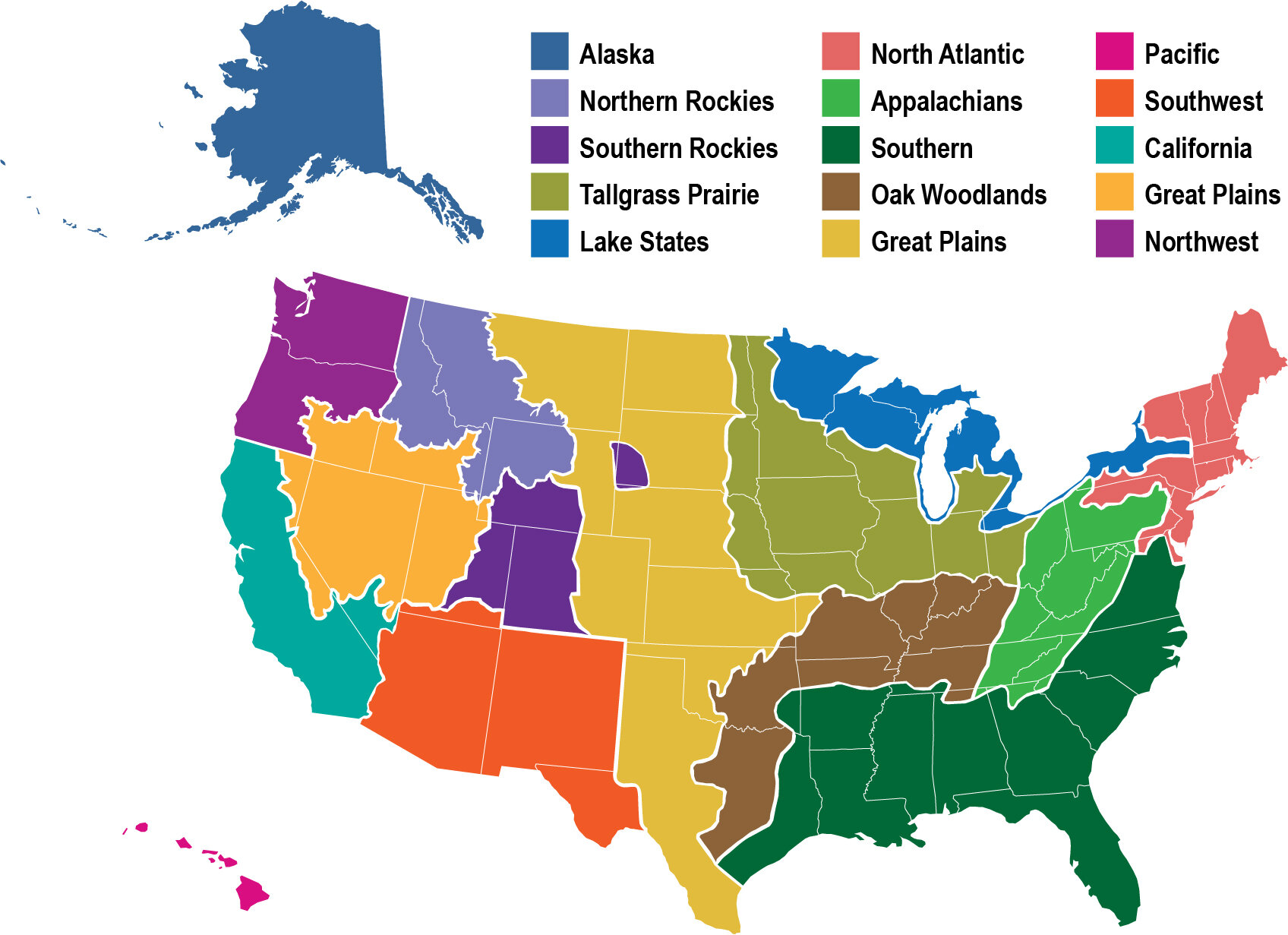Research that Benefits Native People - A Guide for Tribal Leaders: Curriculum Module
/Description: "American Indians and Alaska Natives are underrepresented in many major data collection efforts and statistical analyses, making it difficult for tribes, states, and the federal government to provide policy solutions and social programs that effectively target and benefit Native communities. Access to data allows tribal leaders to make informed decisions, be proactive about shaping the future of their communities, secure funding for programs to benefit the community, and refine the programs currently offered to tribal citizens. However, many Native people are wary of research and do not trust researchers. This is largely due to the fact that the term ‘research’ generally reminds Native people of the myriad projects historically conducted by outsiders that did not benefit Native communities, and even, in some cases, resulted in harm to Native communities.
As increasing numbers of Native people are developing the skills and experience to understand and conduct research that could greatly impact their communities, Native communities are becoming more comfortable with a number of research and program evaluation activities. However, the research process requires specific skills, and without these skills, it is difficult to evaluate the potential impact (positive or negative) of particular projects. Through this curriculum, tribal leaders and Native communities can build their capacity to engage with research, allowing them to identify, access, and better understand data that may benefit their communities."
Visit the NCAI website to learn more about their "Research that Benefits Native People" curriculum.
Visit site to view Module 1 >
National Congress of American Indians Policy Research Center. 2009. Module One - Foundations of Research: An Indigenous Perspective.




